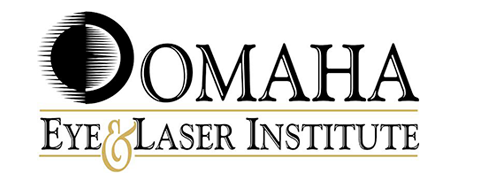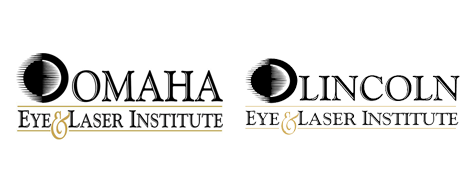
Each of your eyes has a lens. It is through this lens that you see the world around you.
A cataract occurs when the lens of the eye becomes cloudy and hard to see through. When the lens is cloudy, it prevents light from being able to fully enter your eye. This can cause blurry vision.
This blurriness is often minimal at first. As cataracts develop your vision can become more blurry. A fully developed cataract can cause total loss of vision.
Cataracts can also make it hard to see at night because you see halos around light sources. This can be quite dangerous if you’re driving at night. Keep reading to learn more about cataracts!
Have Regularly Scheduled Eye Exams
It is important to have regular eye exams. If you do have cataracts, they will allow your eye doctor to diagnose you early.
The early detection of cataracts can help you keep track of their development. If you have a cataract, monitoring its development will let your doctor know when you need to have cataract surgery.
Part of monitoring cataract development is keeping track of your vision. Contact your eye doctor if your vision becomes so blurry that you’re unable to complete your normal routine.
Glaucoma vs. Cataracts
One of the most common signs of having a cataract is blurry vision. You may also find it much harder to see at night.
Although cataracts can be frustrating and impact your daily life, they are not usually painful. This is not the case for glaucoma.
Glaucoma is caused by a buildup of pressure in the optic nerve. If the optic nerve suffers any damage, it is irreversible.
This can cause vision loss and a lot of pain. Cataracts can develop very slowly. Even if you have cataracts, you may not need surgery to remove them for years or decades later.
Glaucoma can cause sudden and permanent vision loss. If you are experiencing a sudden loss of vision and any eye pain, let your eye doctor know and schedule an appointment to see them. This could be a sign of glaucoma.
Having regularly scheduled eye exams can lead to the timely detection of glaucoma.
Cataract Surgery
Cataract surgery can be a solution when cataracts make it difficult to complete everyday tasks. This may make it difficult to enjoy your life because you can no longer see well.
The first step in the cataract surgery process is to determine if you are a candidate for the procedure. Not everyone is a candidate for cataract surgery.
Certain conditions such as dry eye syndrome can make the recovery process difficult. You may be able to have the procedure once your dry eye is under control.
During cataract surgery, your natural lens is removed and replaced with an artificial lens. The artificial lens is an intraocular lens (IOL) which provides you with clear vision after surgery.
You will be able to choose between a standard IOL or a premium IOL. With a standard IOL, which is a monofocal lens, you’ll need to wear glasses after cataract surgery.
With a premium IOL, you will likely no longer need to wear glasses or contacts after surgery.
Have cataracts and think you may need cataract surgery? Schedule a cataract screening today at Omaha Eye and Laser Institute in Omaha, NE!
If you have cataracts, cataract surgery is the only proven solution to give you back your clear vision!





